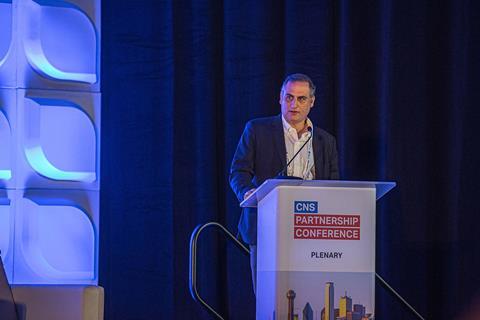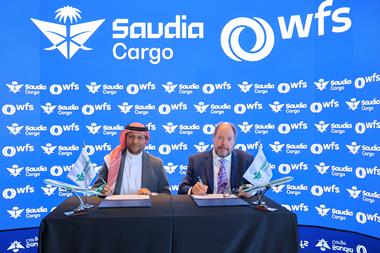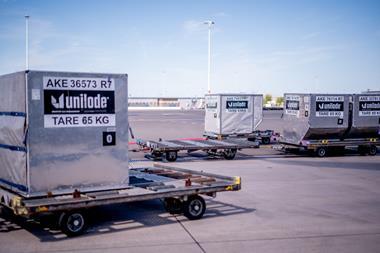
Air cargo companies should collaborate on sustainable aviation fuel (SAF) strategies to support effective financial investments, according to LATAM Cargo’s chief executive.
If the industry doesn’t collaborate then investments might not be made in the right SAF initiatives and developments, said Andres Bianchi at IATA'S CNS Partnership Conference in Dallas Texas last week.
He explained that SAF is not a commodity like jet fuel. There are different ways of producing it that involve different feedstocks and produce different types of SAF.
These deliver varying levels of CO2 emissions reduction and therefore SAF pathways require discussion around the suitability of adoption.
“Ultimately we will end up with many different types of SAF. Some of them will be approved and adopted by our customers and some of them will not,” said Bianchi. “And the fact that we are not discussing this enough is leading us (to make) the wrong type of investments.”
He noted this also may lead us to handle our available resources in the wrong way.
“Understanding this problem thoroughly and having the right discussions about what we want to push and what we need to prioritise (to improve SAF developments) is important," he added.
There are also other opportunities for collaboration around production and security of supply and improving data by sharing and comparing it to help the industry make better decisions on the best ways to develop SAF.
Overall, collaboration is key to fully utilising SAF in the air cargo industry’s efforts to reach net zero carbon emissions by 2050, said Bianchi.
Additionally, he pointed out that because SAF is not the only tool required for the industry to get to net zero, the industry also needs to work together on other initiatives such as improving infrastructure and operational efficiency, carbon capture and offsetting, plus other new technologies and fuels including electric and hydrogen.
“It’s not only what SAF can do for us but how we can combine all those tools and deliver the ultimate goal of getting to net zero.”
LATAM Airlines is partly funding a project by the MIT Energy Institute that focuses on ‘Options for decarbonising aviation in Latin America in a sustainable way: an assessment of carbon policies, carbon price and fuel consumption in aviation up to 2050’.
https://www.aircargonews.net/policy/environment/latam-cargo-and-kuehnenagel-partner-on-saf/
https://www.aircargonews.net/airlines/freighter-operator/latam-cargo-brazil-looks-to-minimise-harmful-emissions/















